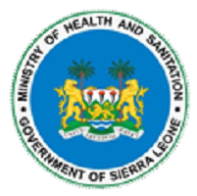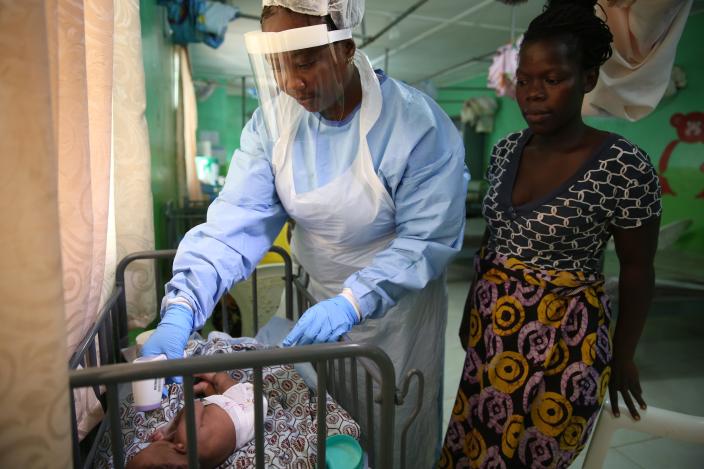Sierra Leone Healthcare Electrification Project
The Sierra Leone Healthcare Electrification Project is installing solar PV and battery storage systems in 43 health facilities across the country to improve the reliability of their electricity supplies and transform healthcare.
Project Overview
Health facilities need reliable electricity around the clock to treat patients and save lives. But across Sub-Saharan Africa, a staggering 25,000 healthcare facilities lack access to electricity entirely, while around 70,000 health centres have an unreliable electrical supply.
Just in Sierra Leone, it is estimated that more than 1,000 health facilities need either a complete power solution or a back-up solution. SEforALL conducted detailed energy audits at major hospitals in Sierra Leone to identify opportunities to replace unreliable grid electricity and polluting diesel generator capacity with renewable energy solutions that can deliver reliable, clean power.
Based on these findings, we started the Sierra Leone Healthcare Electrification Project which is being implemented in three phases.
- Phase 1 - Solar PV and battery systems installed at six key hospitals with a combined total of more than 0.6 MWp (megawatt peak) of installed power capacity.
- Phase 2 – In addition to the electrification of 1 hospital in Kailahun, 25 community health centres have been powered using standardised systems of either 6.6 kWp or 13.2 kWp (kilowatt peak) capacity. The total installed power capacity of this phase is 0.3 MWp.
- Phase 3 – 11 more hospitals including Lakka, Port Loko, Makeni and Kenema Government Hospitals are being electrified with solar power of 2.9 MWp capacity in total.
sidebanner
32
Health facilities already electrified with solar PV and battery systems
1.4
MWp of solar capacity already installed
8.6 m
People who will benefit from improved health services in the hospitals
The project is funded by the UK Government and is being implemented in close coordination with the Sierra Leonean Ministry of Health and on-ground support from EM-One Solutions (EPC contractor), Tetra Tech and CEMMATS Group Ltd.. (project management) to carry out key aspects of the project.
Project model
The project showcases how hospitals can be equipped with renewable and reliable energy solutions in an accelerated timeframe, bringing significant benefits to the delivery of health services and thereby leading to positive impact on health outcomes.
The significant reduction in diesel generator usage has led to a large reduction in greenhouse gases and particulate emissions from diesel generators that previously powered the health facilities, either as a back-up (for on-grid hospitals) or as a primary power source (for off-grid hospitals).
The six hospitals already powered are currently being operated and maintained to ensure optimal performance, while the project partners are evaluating different longer-term models to ensure sustainability and performance. All 43 systems are equipped with remote monitoring systems, including energy meters and power quality sensors.
“When we say energy solutions, I think the first thing that comes to mind is just the light switch. But it's over and beyond the light switch, it is being able to ensure that when babies are coming, they are coming safely, when you're taking intricate care of patients, you have enough light to be able to do that work, that if you have life-saving equipment, it has an energy source that you can count on. We see our partners FCDO, SEforALL and all the others accompanying us in this vision.”
- Dr. Austin Demby, Minister of Health, Sierra Leone
Follow our progress on social media using #PoweringHealthcare and #PoweringLivesSL








